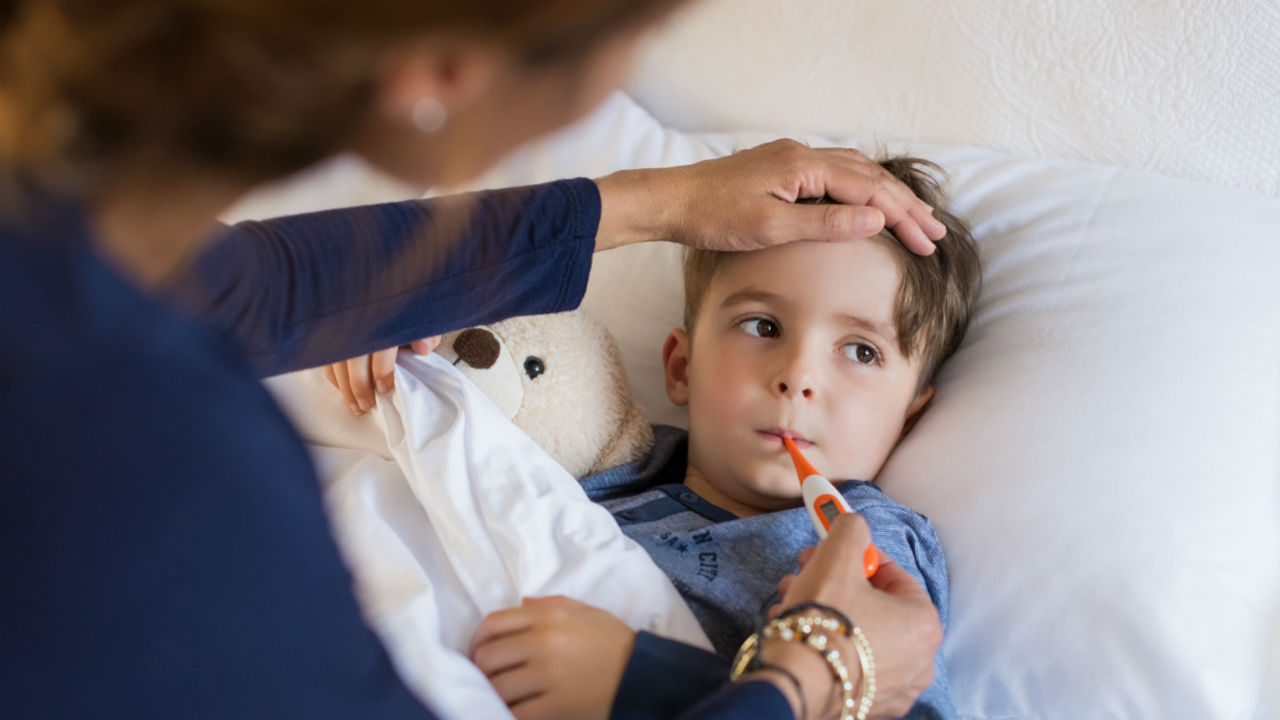A new study says Hispanics seniors who live in communities where little English is spoken and who prefer to speak Spanish may be more likely to miss their pneumonia or seasonal flu vaccinations.
Most experts agree that seniors should get the seasonal flu vaccine every year. Also, seniors should get the pneumonia vaccine once after the age of 65 and a booster shot five years later if they are at high risk.
Seniors are at a high risk of serious complications from the flu and pneumonia.
Flu and pneumonia vaccines are free for seniors on Medicare. Also, many drug store chains have been offering flu shots between $20-30 this year. However, the cost of a pneumonia vaccine can be twice the price of a flu vaccine. Experts express the price of a vaccine is still much less when compared to the hospitalization costs due to severe complications an infection.
In an interview with Reuters Health, Amelia Haviland of the RAND Corp. said, "Immunizations are so important for seniors. They save lives.”
In the study, Haviland and her colleagues looked at data across the U.S. from a Medicare survey of nearly 250,000 Hispanic and non-Hispanic seniors (aged 65 or older).
The researchers reported in the Archives of Internal Medicine that rates of flu immunizations were also lower among Spanish and English speaking Hispanics, 64 percent and 68 percent, compared to 76 percent of whites.
In regards to pneumonia immunization, the rates varied substantially among the groups.
• 74 percent among whites
• 56 percent among Hispanics who preferred to speak English
• 40 percent among Spanish-speaking Hispanics
Also, disparities in flu shot rates appeared higher in "new destination" communities which are defined as agricultural areas in the southeast that lack a historic Hispanic population. Newer destination communities may also lack continuity of care.
Additional disparities also occurred in "linguistically isolated" areas where a large proportion of the residents have limited English skills.
"Policy makers, public health officials and health care providers need to work to raise the low immunization rates among Hispanic seniors," Haviland said, "in particular seniors who prefer Spanish, or live in Spanish-speaking or newly-formed communities."
"While particular efforts are needed to bring up rates for Hispanics," Haviland said, "there are areas where greater attention is needed for everyone."
In 2009, Hispanic seniors’ low vaccination rates occurred during the H1N1 flu epidemic and during the recent whooping cough outbreak in California.
Sources:
http://www.msnbc.msn.com/id/41279051/ns/health-aging/





Add a CommentComments
There are no comments yet. Be the first one and get the conversation started!